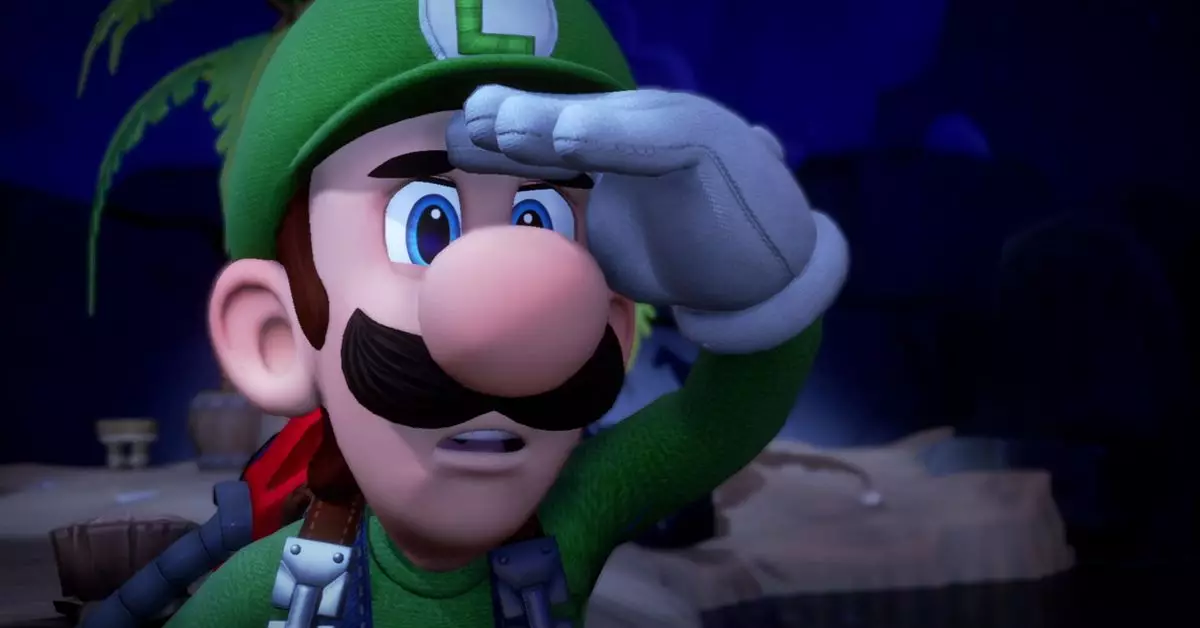Within the gaming community, Luigi often emerges as a figure of charm and warmth. While he is often overshadowed by his iconic brother, Mario, Luigi has carved out a unique identity as the underdog—a character celebrated for his silliness and relatability. This dynamic, however, is often punctuated by a deeper narrative: a glimpse into the psychological complexity of gamer culture. Indeed, Luigi has transcended his role as a mere sidekick to become a symbol of affection, disdain, and even dark humor within gaming circles.
During the recent Awesome Games Done Quick (AGDQ) 2025 event, Luigi’s spectral presence loomed large, dominating naming rights and meme currency throughout the marathon. As participants engaged in speedrunning for charity, viewers were given the opportunity to contribute financially to influence certain game elements, including naming characters. The reign of Luigi was not just a delightful quirk; it underscored how deeply ingrained he is within player interactions, reflecting a more complex interplay of fandom and personality.
Viewers donated en masse to name characters Luigi across various games—from *Pokémon: Let’s Go Eevee* to *The Legend of Zelda: The Wind Waker*. This inclination not only illustrated Luigi’s popularity but highlighted an ongoing trend within the gaming community: the desire to inject humor and light-heartedness into otherwise serious narratives. The phenomenon resulted in over $18,000 raised, demonstrating the power of community engagement unified under a humorous banner.
However, the jubilance around Luigi took on a distinctly darker hue when juxtaposed with the recent criminal actions of a man with the same name, Luigi Mangione. His alleged involvement in the murder of UnitedHealthcare CEO Brian Thompson has sent ripples through not only the gaming community but also the public discourse surrounding gaming culture. The ironic situation raises questions about the Ethereum-like duality of specific characters within a medium that can range from jovial to almost sinister.
While many players may have been channeling a light-hearted homage to a beloved character, there also appears to be an undercurrent of societal commentary—highlighting how names and characters can bleed into real-life events, influencing public perception. The cause behind this deluge of support for the character at AGDQ could well be a mix of nostalgia, humor, and subconscious recognition of the current events surrounding the name.
As we navigate the intricate relationship between gaming culture and societal issues, it invites a plethora of questions: How do memes coexist with morality? Can character names serve as mere jokes, or do they reflect deeper connections to current events? The rapid fire of donations to “Luigi” during AGDQ tells us much about the collective psychology of gamers, who oscillate between joy and the rawness of reality in their community.
Luigi stands as an emblem of the multifaceted environment that video games inhabit—a space where light-heartedness can coexist with profound and often troubling realities. As engagement with gaming culture continues to evolve, so too must our understanding of these characters and the broader implications they hold in both virtual and real-world contexts.

